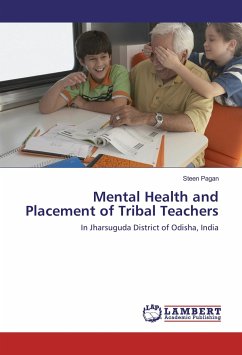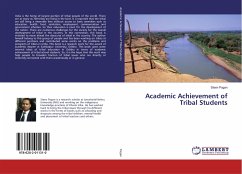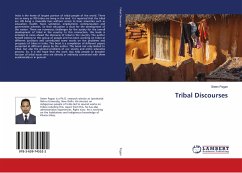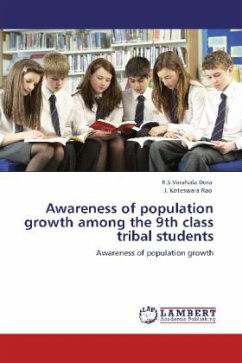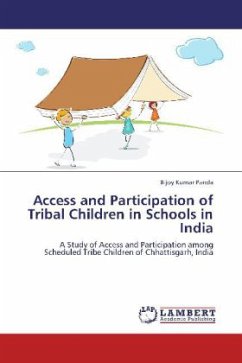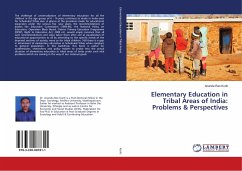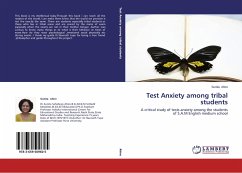In India, around in all states and union territories, there are 705 kinds of the tribal groups which constitutes 8.6 percent of the total population in 2011. The largest portion of the tribal population is living in the state of Madhya Pradesh (14.7%), Maharashtra (10.1%) and in Odisha (9.2%) according to the Census Report, 2011. Over more than six decades of India's independence, it has been struggling with numerous challenges including education sector despite huge investment in it. India pledge with the league of 135 nations to make education a fundamental right for all constitutionally. Despite this, a large section of society, is still backward and the tribal community is one among them. Living conditions of tribes are extremely poor in terms of basic amenities like access to food, education, health, sanitation and communication. The Indian Human Development Index Report, 2011 for instance, reveals the position of the state of Odisha very poor. There are numerous factors andforces hinder the educational achievement of tribes. In this context, this study is undertaken to explore the unnoticed problems of tribal teachers and their job satisfaction placed in Odisha.
Bitte wählen Sie Ihr Anliegen aus.
Rechnungen
Retourenschein anfordern
Bestellstatus
Storno

